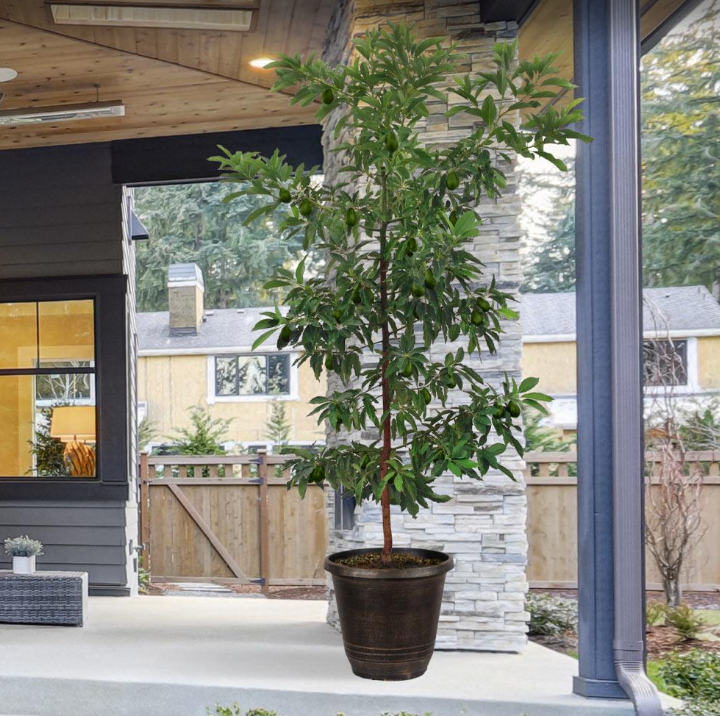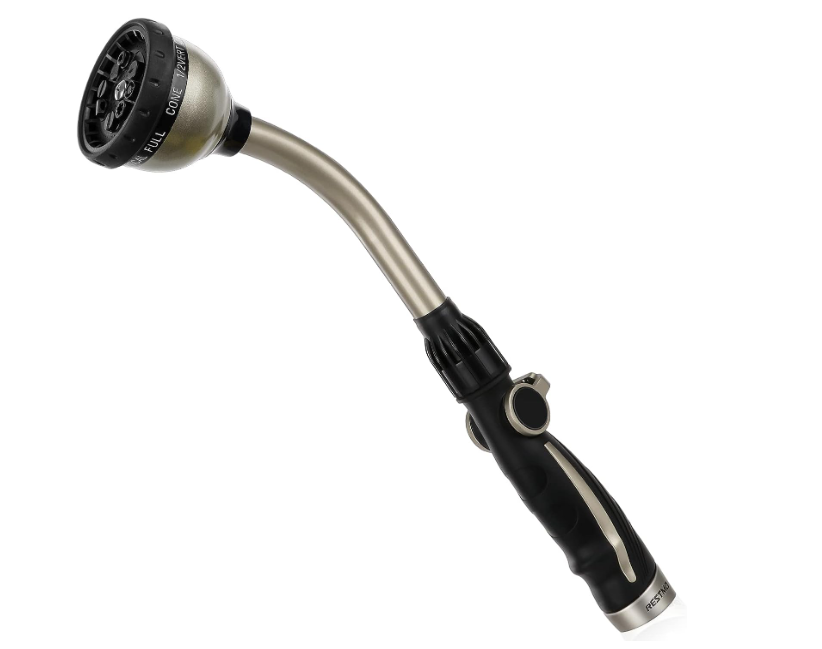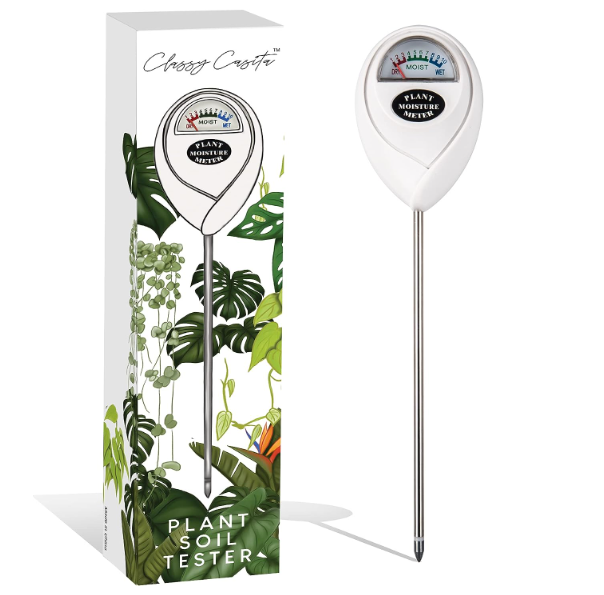How often should you water indoor trees? This is how experts keep these container plants thriving
If your indoor potted trees are starting to worry you, it might be down to your watering schedule. Experts tell us how to best look after container trees

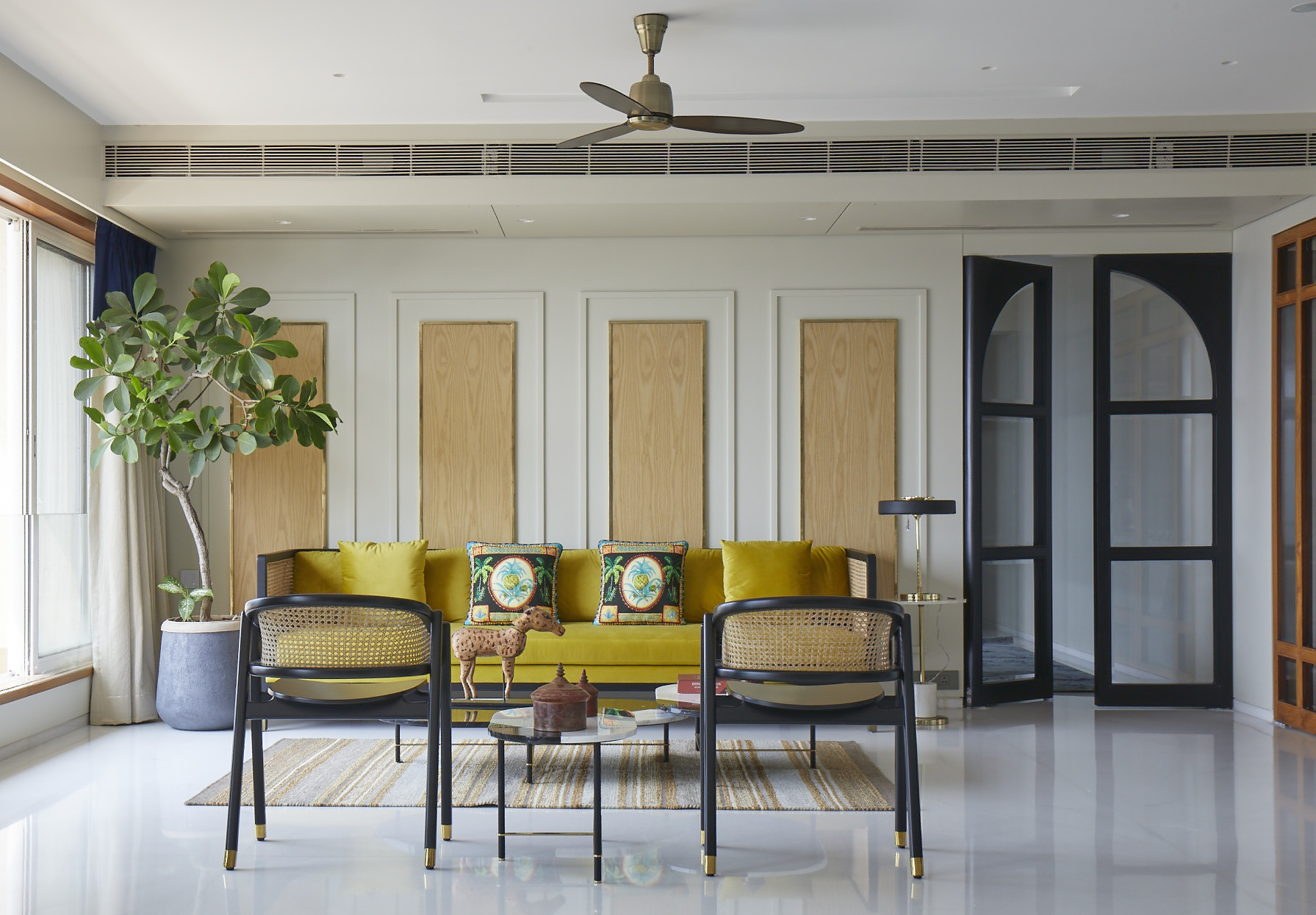
Potted trees, much like potted plants a need some TLC, and a proper watering schedule. If you’re planting container-grown trees indoors, you need to be aware of its needs - and its water and fertilizer requirements.
'Trees planted in pots need a lot more water than when they’re placed in the ground,' says Whitney Bromberg Hawkings, founder and CEO of FLOWERBX. 'Always be reactive to changes in your tree’s surroundings and the weather. For instance, it’ll need more watering in the summer.'
To further understand their needs and schedule thoroughly, we asked experts to answer some burning questions on the best trees to grow in pots, and how to care for them. Take a look to get started.
How often should you water potted trees?
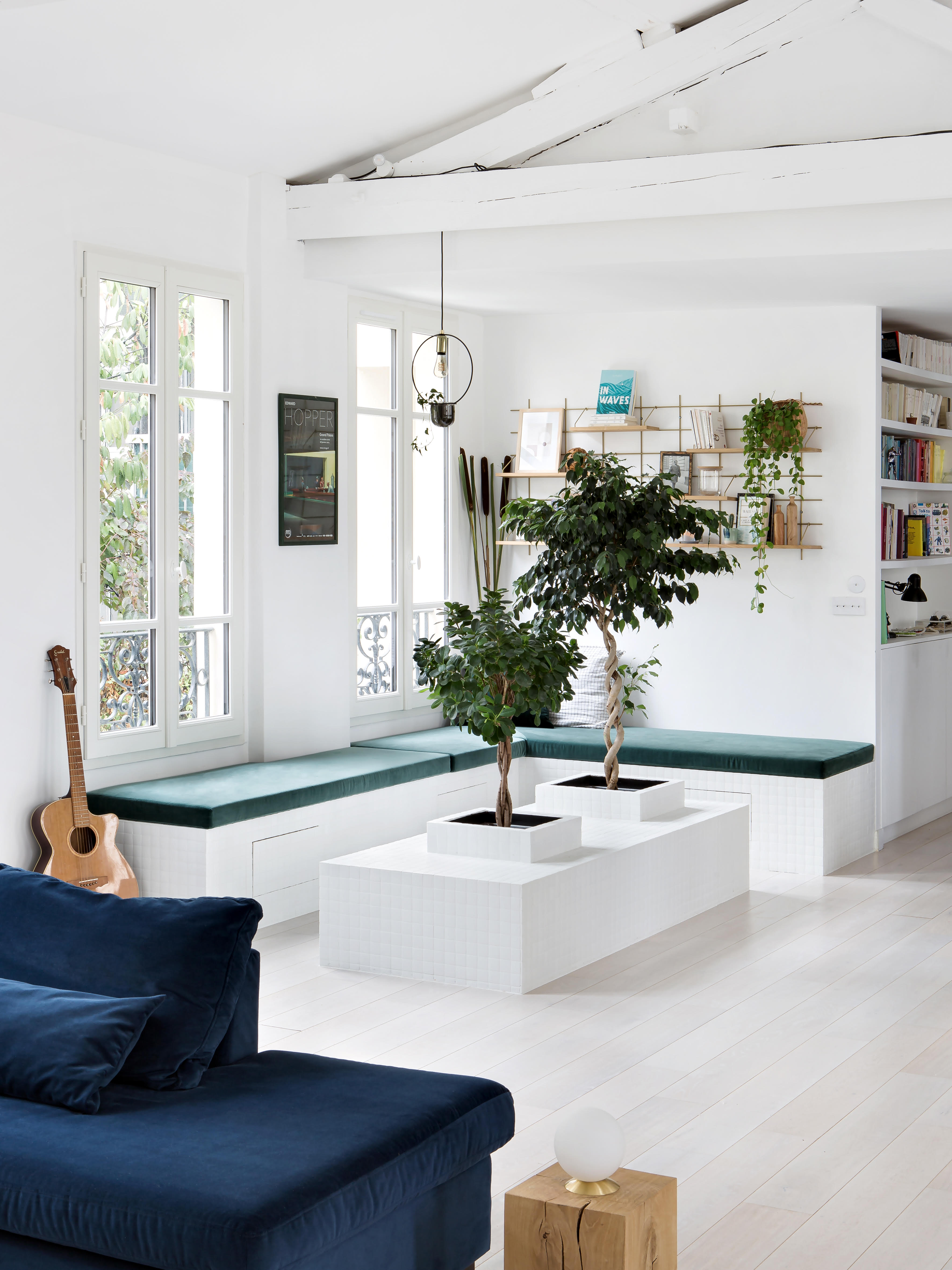
Amongst the indoor trees you can grow in pots are Dwarf Apple, Olive Trees, Avocado Trees, Fig Trees, Italian Cypress, and Japanese Maple. But before planting them, be a pro at indoor gardening by finding out the exact requirements for these greens.
'Potted trees should be watered around once a week,' says Whitney Bromberg Hawkings. 'However, when first planting your tree into a pot, watering should be a little more frequent. Give your newly potted tree a good amount of water every day for the first few days, and then switch to watering thoroughly every 4-5 days for the next three weeks. After this, your tree should be established enough for watering once a week. It’s best to check the needs of your specific variety of trees, just in case.'
How do you know if your tree needs water?
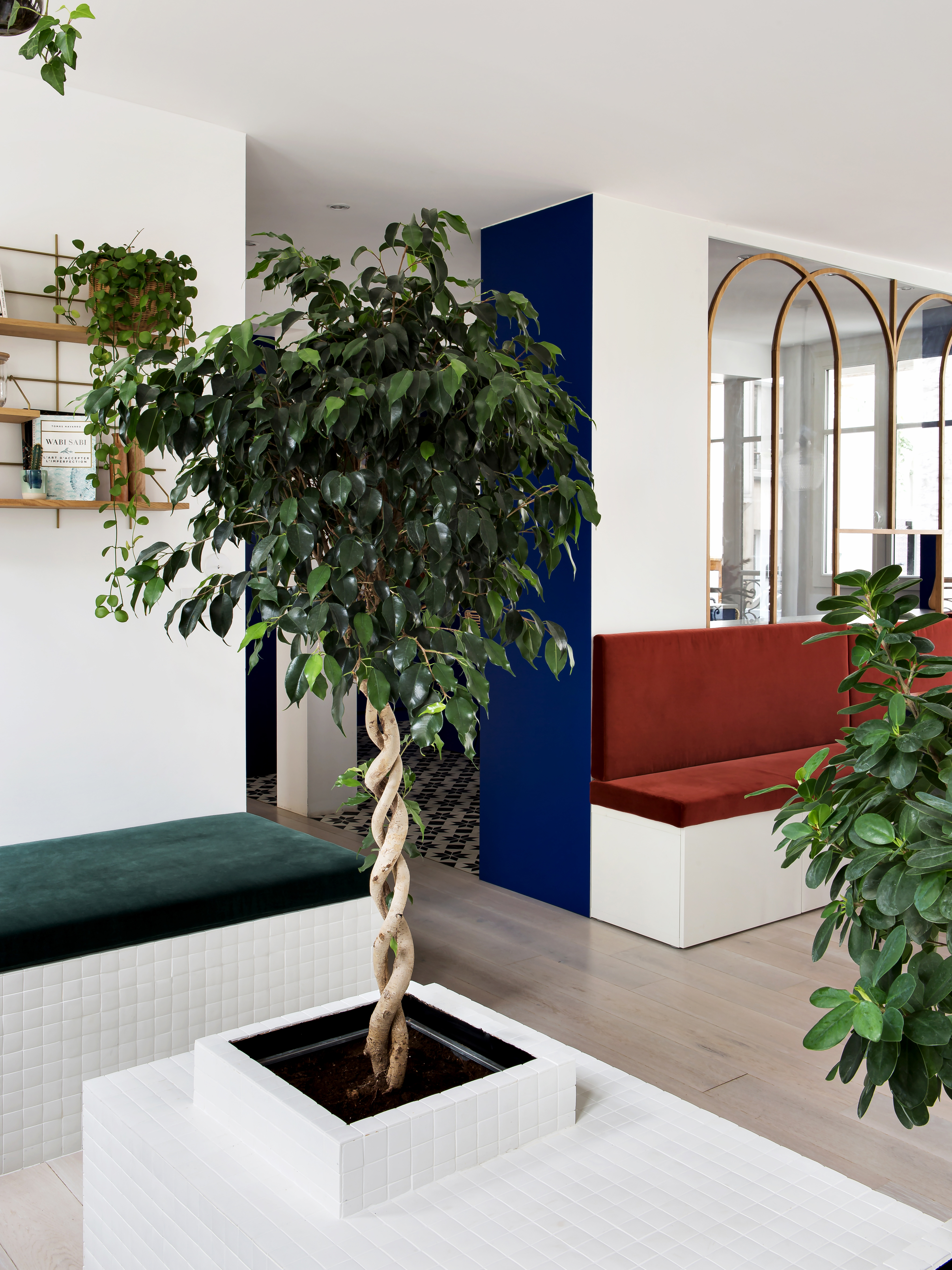
The best indoor trees are an investment, you want to ensure that they last a long time. The number-one threat to a young potted tree is overwatering.
'The soil surrounding your potted tree may appear to dry out quite quickly, and is a good indicator of whether or not your tree is thirsty,' says Whitney. 'The key is to keep the compost slightly moist but not wet – which you can simply test by seeing if the soil is damp to touch. Look out for wilting leaves and your pot being lighter in weight as a sign it may need watering more regularly.'
The Livingetc newsletters are your inside source for what’s shaping interiors now - and what’s next. Discover trend forecasts, smart style ideas, and curated shopping inspiration that brings design to life. Subscribe today and stay ahead of the curve.
'I would say the best thing to do is pop your finger about an inch into the soil to check its moisture,' says Chris Bonnett, founder of GardeningExpress. 'If it’s feeling a bit dry give it some more water.'
What is the best technique to water potted trees?
Want to make sure your living room with indoor trees always looks lush and healthy? Ensure you're watering the greens in the right technique.
'For potted trees and plants, the best way to water is to take them outside, and I recommend using a wand and nozzle attachment on your garden hose with a 'shower' or 'rain' option,' says Kat Aul Cervoni, landscape designer and founder of Staghorn NYC and The Cultivation by Kat. 'This is a gentler spray that prevents divots and gouges from occurring in your potting soil which can expose roots and make a mess. I water by whirling the wand around the base of the plant to ensure all the soil is evenly moistened.'
'Avoid spraying foliage as this can lead to fungal issues and leaf scorch,' says Kat. 'The majority of trees absorb water through their roots.'
'One way to give your tree a good thorough watering is by submerging the pot into a bucket of water, leaving for around 10 minutes, and then removing to allow any excess water to leave the drain holes,' says Chris. 'This is a great way to target the root ball but of course, it’s only doable if you have a smaller pot that is easy to move.'
How much water is enough?

Make your indoor or balcony garden the heart of the home with lush, tall trees and plants. For the watering schedule, take a good look at the variety, environment, and size of the pot.
'However, a general rule of thumb is to provide the tree with enough water that you see some excess draining out the base (that way, you know it’s reached the deepest bits of potting soil),' says Kat. 'Again, be sure to discard excess water from any saucers that may be beneath the base of your pot. The first few weeks of owning a new potted tree is a 'getting to know you' period where you’ll learn by observation how quickly the soil dries out. From there, you can craft a watering schedule to suit your tree's needs.'
What should you keep in mind before watering potted trees?
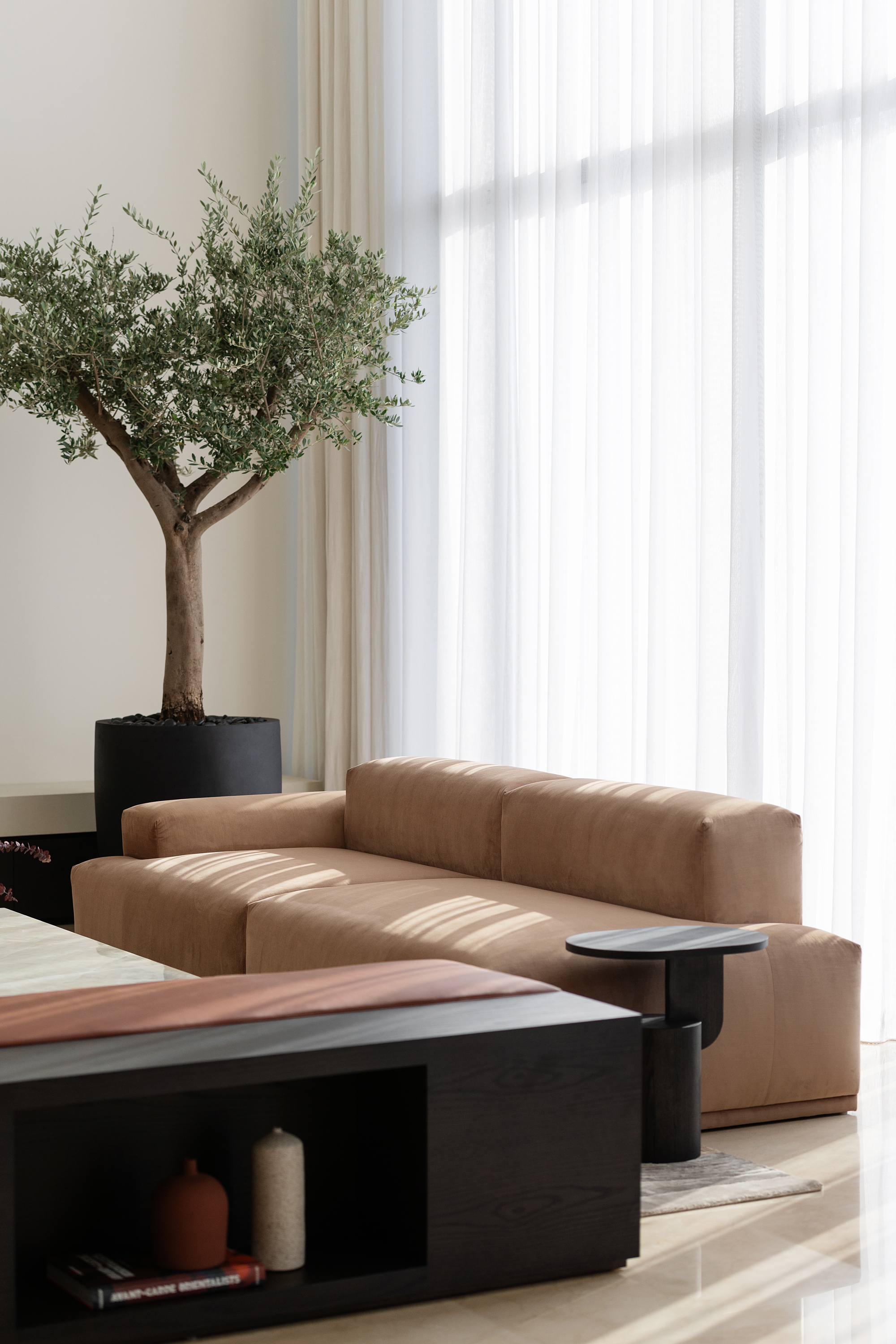
Kat Aul Cervoni offers tips on low-maintenance indoor trees, and what to keep in mind before watering them:
1. Plants 'wake up' and begin taking in water in the morning to energize them for the day, so watering in the morning is ideal.
2. Different trees have very different watering needs, so be sure you research your variety’s preferences. For example, many fruit trees need quite a bit of water to thrive during their fruit-producing months, so count on watering these at least once a week, and likely twice when it’s hot outside.
3. Other more drought-tolerant trees such as a dwarf pine, will be content with less-frequent watering.
4. Climate and season have a big impact on how much water a potted tree needs. During the warmer months/growing season, trees need much more water to thrive than they do during dormancy or periods of cold/cool weather. Arid climates or dry indoor environments will cause soil to dry out more quickly than more humid ones.
5. The majority of trees (and plants) except water-dwelling varieties should not be left to sit in standing water. That means if your potted tree has a saucer to collect excess water from the base it should be emptied within an hour or so after watering to ensure the roots and soil don’t become oversaturated.
6. A good rule of thumb is to allow the top 1-2” of soil in a container to dry out between waterings.
7. A moisture meter is an excellent tool to help you get to know how quickly your potted tree dries out so you can set a watering schedule.
How do you keep a potted tree healthy?
To keep a potted tree healthy, you must create a schedule for its watering and fertilization. Indoor potted trees need to be watered more frequently than those planted directly in the ground, but once you care for them properly, you can be sure they'll thrive for many years. The containers should have plenty of space for the tree's root system, as a container that is too small can cause potential problems.
Should I water my trees everyday?
Newly planted trees need more frequent watering in the beginning. They should be watered at planting time, and 1-2 weeks after planting they should be watered daily. Once 12 weeks have passed, you can water them every 2 to 3 days.

Aditi Sharma Maheshwari started her career at The Address (The Times of India), a tabloid on interiors and art. She wrote profiles of Indian artists, designers, and architects, and covered inspiring houses and commercial properties. After four years, she moved to ELLE DECOR as a senior features writer, where she contributed to the magazine and website, and also worked alongside the events team on India Design ID — the brand’s 10-day, annual design show. She wrote across topics: from designer interviews, and house tours, to new product launches, shopping pages, and reviews. After three years, she was hired as the senior editor at Houzz. The website content focused on practical advice on decorating the home and making design feel more approachable. She created fresh series on budget buys, design hacks, and DIYs, all backed with expert advice. Equipped with sizable knowledge of the industry and with a good network, she moved to Architectural Digest (Conde Nast) as the digital editor. The publication's focus was on high-end design, and her content highlighted A-listers, starchitects, and high-concept products, all customized for an audience that loves and invests in luxury. After a two-year stint, she moved to the UK and was hired at Livingetc as a design editor. She now freelances for a variety of interiors publications.
